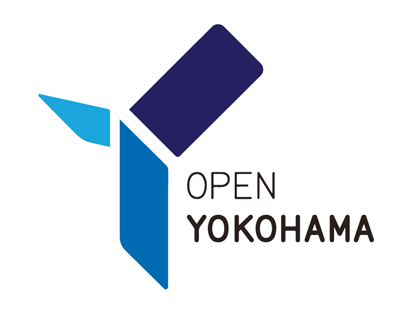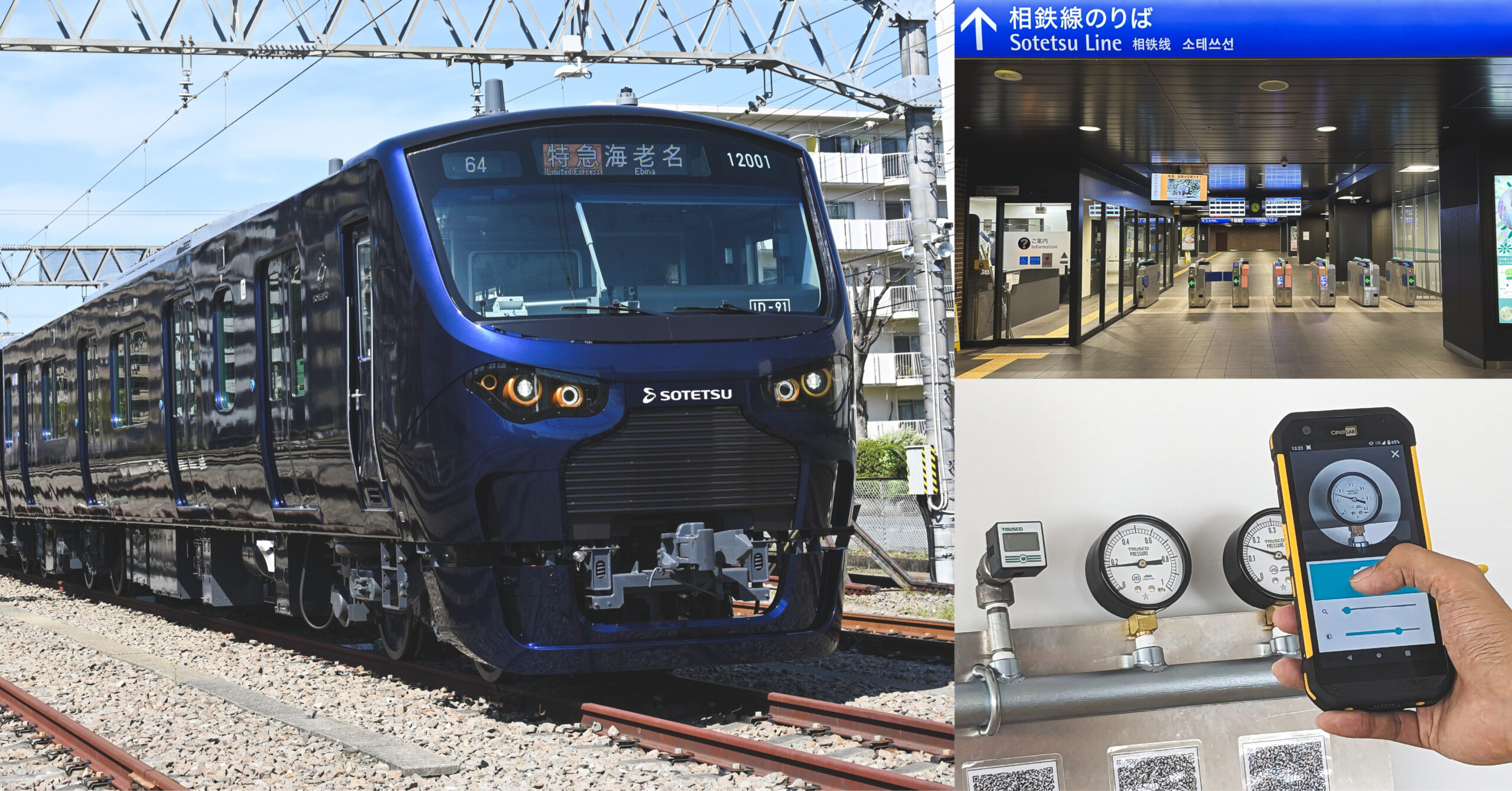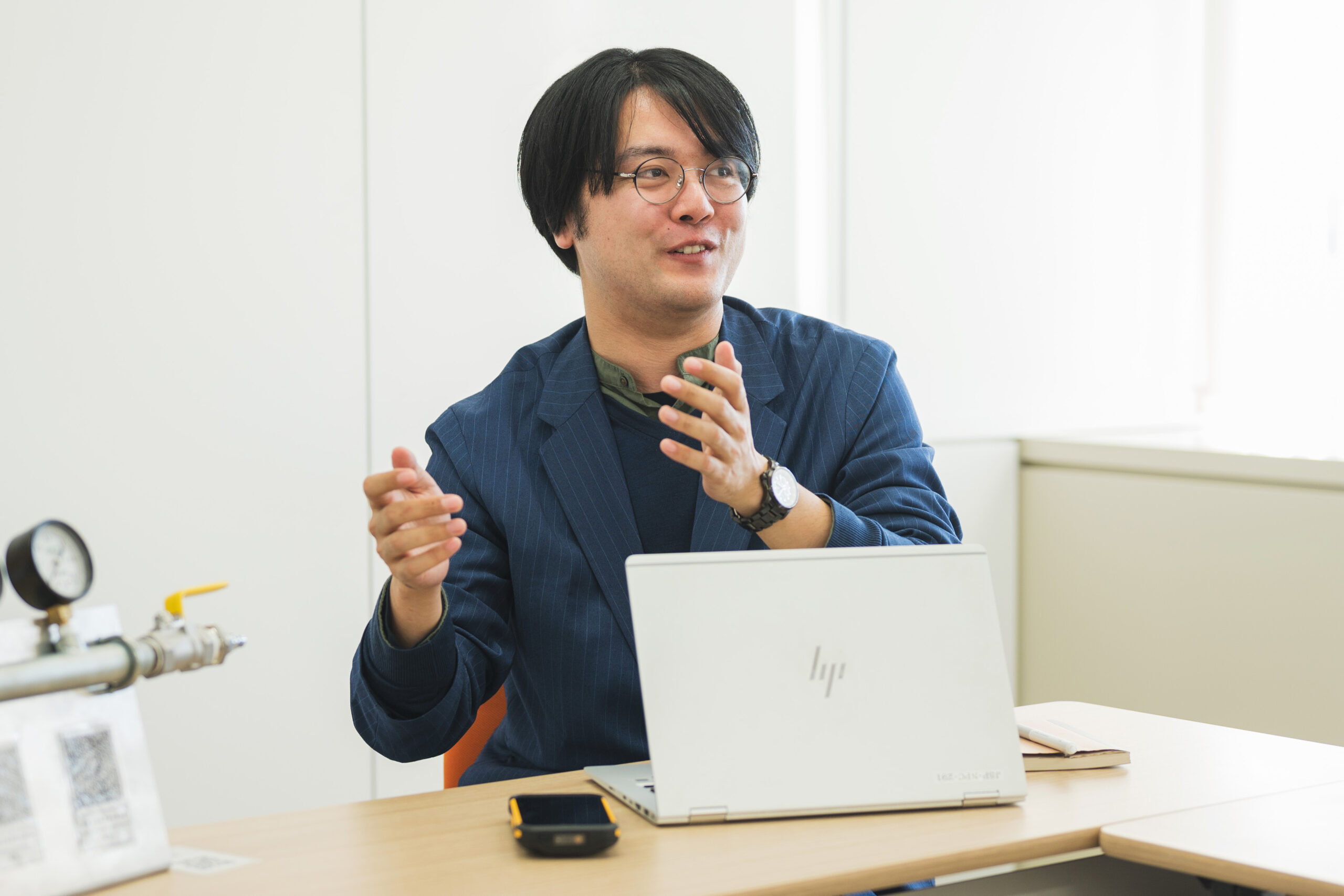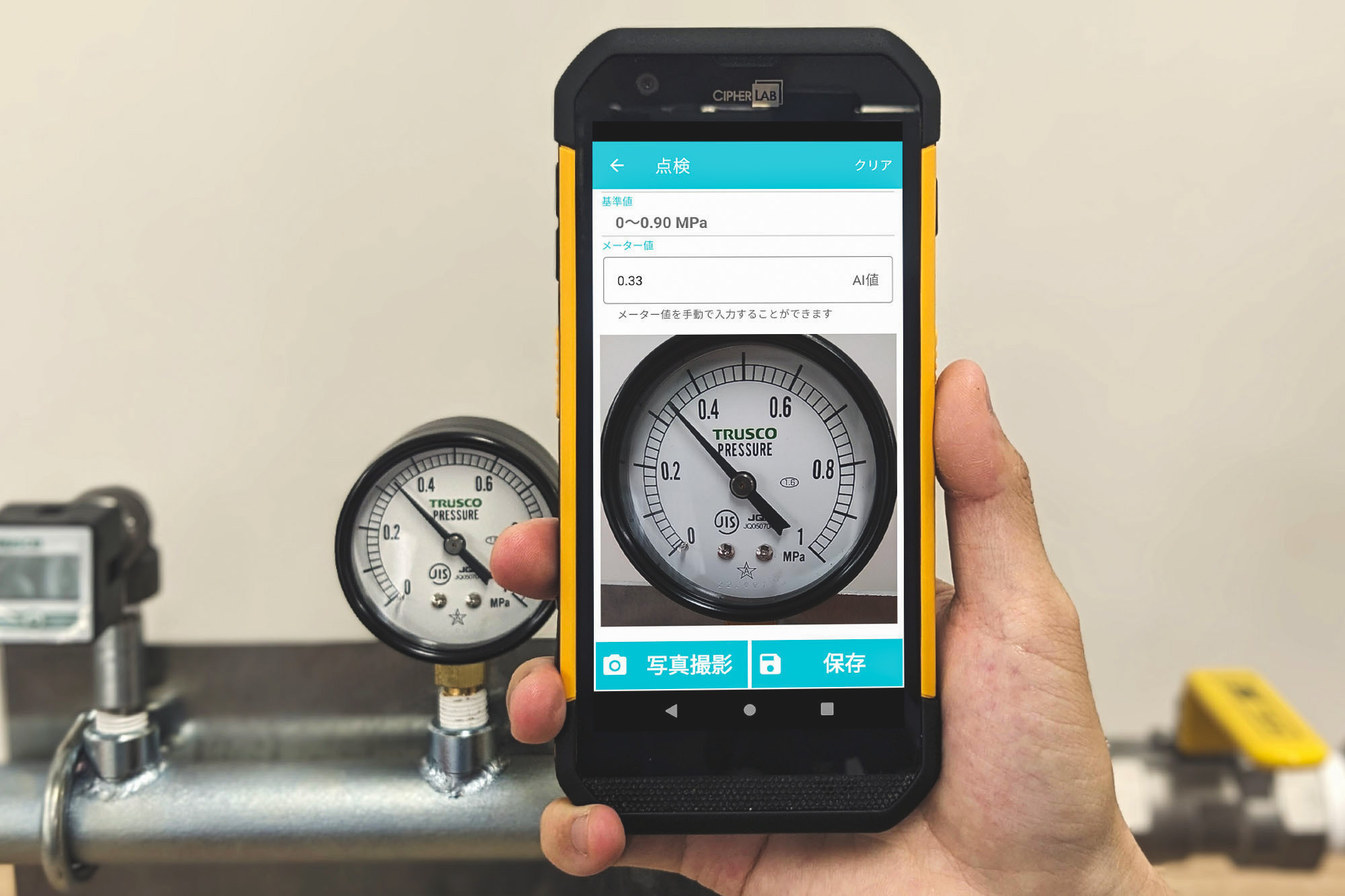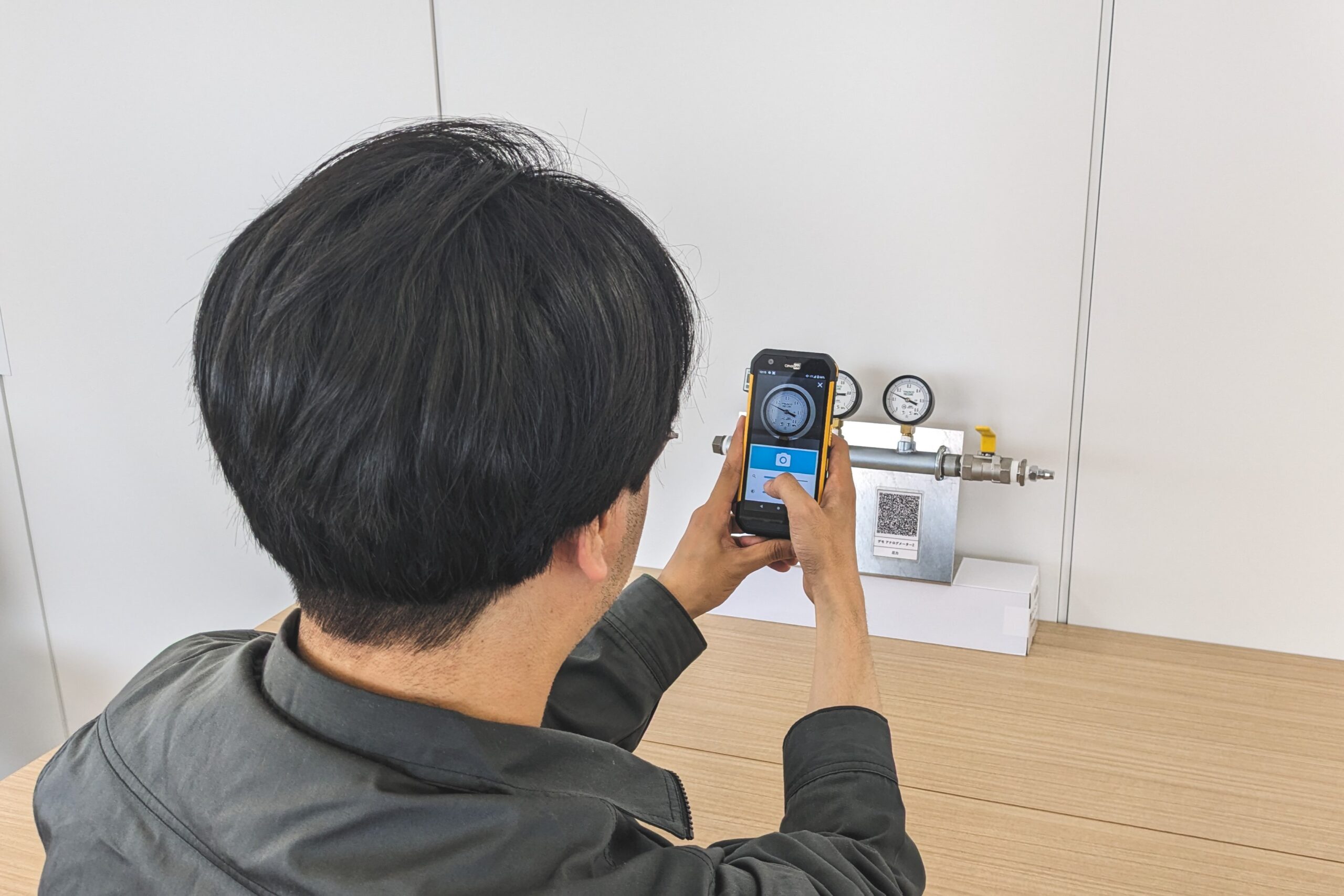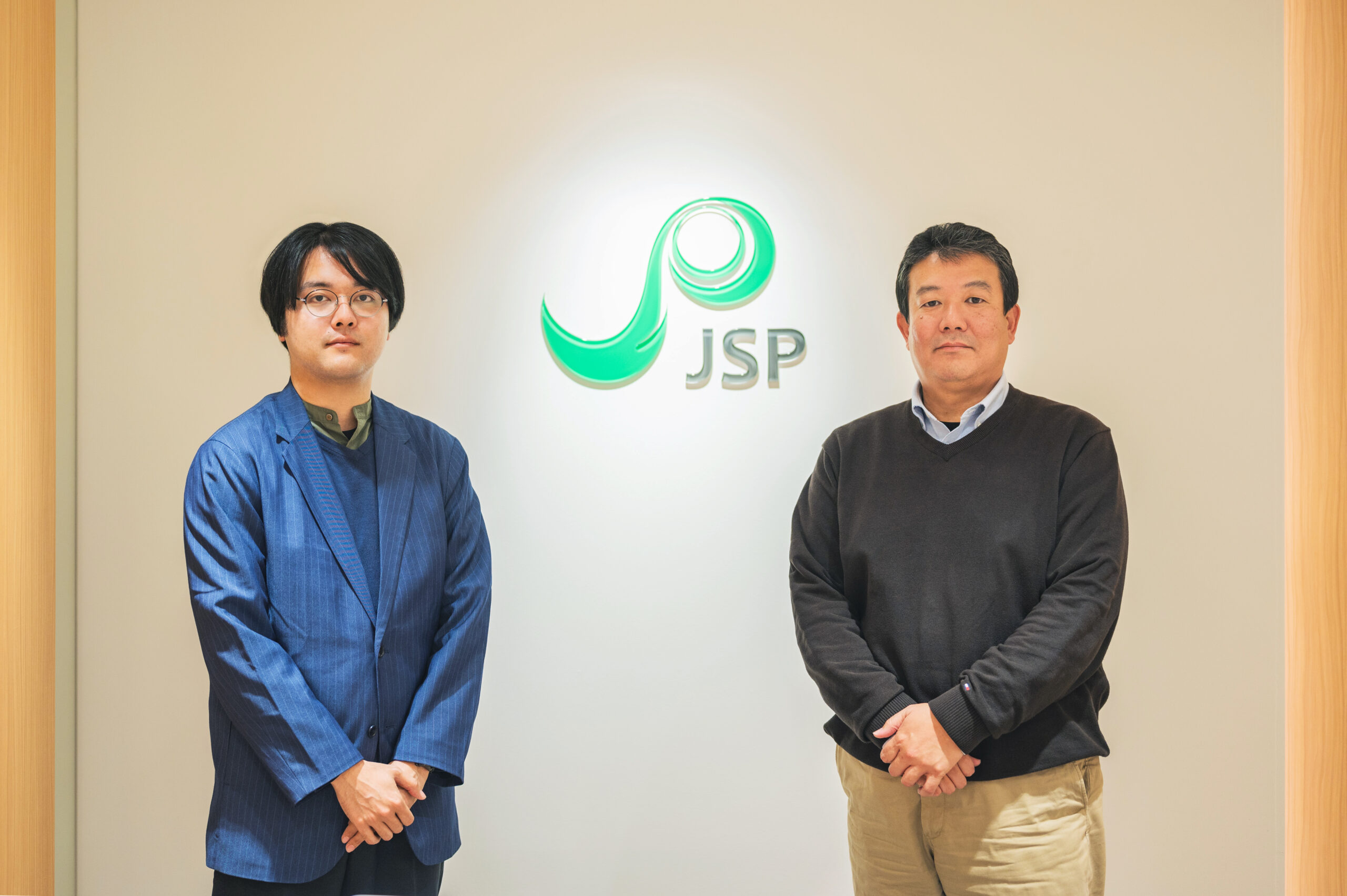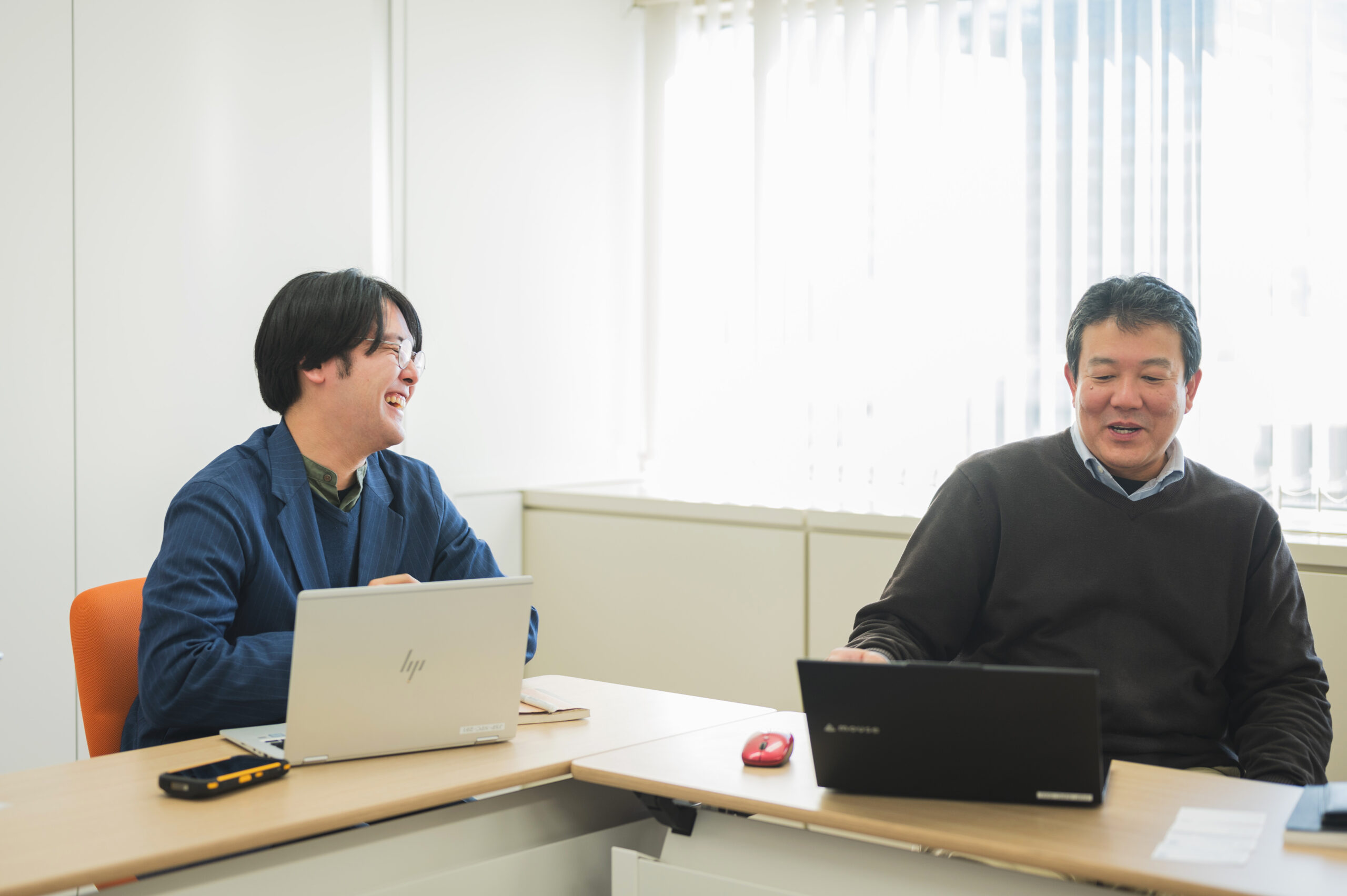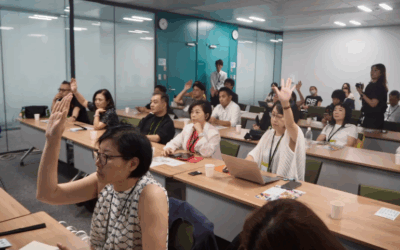Yokohama is one of Japan’s foremost business hubs. Ever since its port opened, it has thrived as a hub of civilization and progress, giving rise to numerous ‘Yokohama-originated’ technological advancements, such as railway and waterworks systems. It has also embraced and shared diverse technologies and cultures. In recent years, Yokohama has seen further growth as a business city, attracting numerous corporate headquarters and research and development centers.
Today, Yokohama aims to lead Japan as an ‘Innovation City’. To achieve this, various initiatives are underway, with particular focus on its support for demonstration experiments. We recently spoke with JSP Co., Ltd., a Yokohama-based company specializing in software and system development, about its utilization of this support for business, as well as the attractiveness of working in Yokohama.
Yokohama’s open innovation promotion projects
Yokohama’s economic strength lies in its concentration of manufacturing and IT industries. Capitalizing on this, Yokohama City initiates activities aimed towards creating new products, services, and business models using advanced technologies such as deep tech. These efforts include running demonstration experiments, facilitating business matches, and providing effective support for research and development.
In terms of supporting demonstration experiments, Yokohama assists in connecting companies and organizations, offering opportunities to conduct experiments with local businesses, and aiding in the development of business plans in response to consultations. Additionally, the city selects locations for demonstration experiments in advance and invites proposals from various companies to address the challenges in these areas. By conducting demonstration experiments based on selected proposals, Yokohama strongly supports the creation of new businesses.
As part of these initiatives, the Yokohama Economic Affairs Bureau has partnered with Sagami Railway Co., Ltd. (Sotetsu Group), a local railway operator, to launch a demonstration experiment project.
The Sotetsu Group hopes to improve safety and comfort for travelers on the Sotetsu Line which is used by an average of 550,000 passengers per day. Consequently, proposals were sought under the theme of ‘Enhancing the safety, comfort, and appeal of railway stations.’ Given the possibility of using Sotetsu rail stations as demonstration sites, proposals were received from numerous companies, including local ones.
Ensuring the safety and comfort of railway stations
Various companies proposed ideas, and one of the projects chosen for the demonstration was JSP’s equipment inspection system, the ‘moni-meter.’
With the moni-meter, inspectors can take pictures of inspection points using a smartphone and document them. Instead of depending solely on human effort, AI analyzes the readings, making meter inspections more convenient and accurate.
Traditionally, inspection tasks have relied heavily on paper-based methods. However, the moni-meter automatically interprets data, and the photos serve as recorded documentation, reducing both the likelihood of human error during meter reading and the burdens associated with filling out and visually verifying paper inspection forms.
We spoke with Mr. Takahiro Iwata, the development leader of the moni-meter, to understand the motivation behind JSP’s application for this project. He explained, “Our decision to apply was largely driven by the alignment of the core values put behind the moni-meter’s development and by the Sagami Railway Group. The fundamental theme of our development revolves around ensuring safety and comfort at railway stations. Reflecting on the substantial daily usage of Sagami Railway by around 550,000 passengers and the sentiments of those who work there, we deeply felt the importance of contributing to safety and comfort. We knew we had to be part of this initiative. While the moni-meter is tailored for railway stations, its utility can also extend to meter inspections across various settings like factories and building facilities. Through this project, we hope to garner greater attention for this system and broaden its application to diverse locations, not only within Yokohama.”
Yokohama’s charm as a business city
Mr. Wataru Nozawa, Director of Business Planning at JSP, shares the reason behind the company’s decision to establish a presence in Yokohama, stating, “In short, it’s because Yokohama provides an environment advantageous to building networks. Here, we have a concentration of software manufacturing factories and proximity to leading players in the IT industry, offering a lot of opportunities for collaboration. Also, Yokohama hosts various exhibitions, industry association meetings, and events at venues like Pacifico Yokohama, facilitating networking opportunities across different sectors. Having a base here in Yokohama has been helpful for us.”
Additionally, Mr. Nozawa emphasized that Yokohama’s excellent transportation infrastructure enhances the convenience of access for both employees and clients. He also noted the advantage of establishing connections with local universities, which improves recruitment prospects. Having conducted business from Yokohama for an extensive period, we also inquired about their aspirations for future endeavors.
“We’re keen on maximizing Yokohama’s potential to drive our business forward. Currently, Yokohama facilitates connections not only with startups but also with major corporations such as the Sagami Railway Group, as demonstrated in this initiative. Yokohama offers abundant opportunities for creating new ventures and robust support systems for business growth. We believe tapping into this potential can ignite fresh collaborations and spur innovation. By expanding networks and fostering synergy, we aim to mutually drive each other’s growth. JSP aims to be a central player in this dynamic city, contributing not just to our own progress but also to Yokohama’s advancement overall.”
